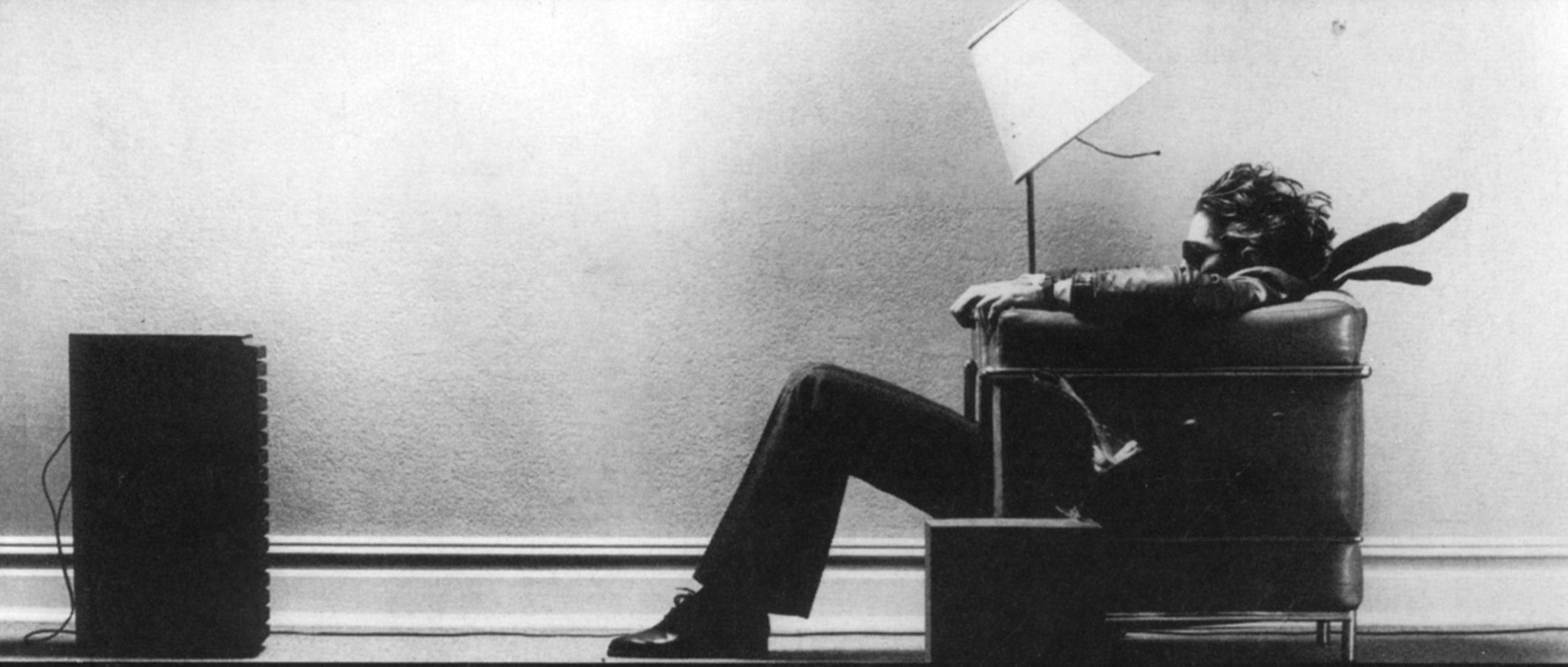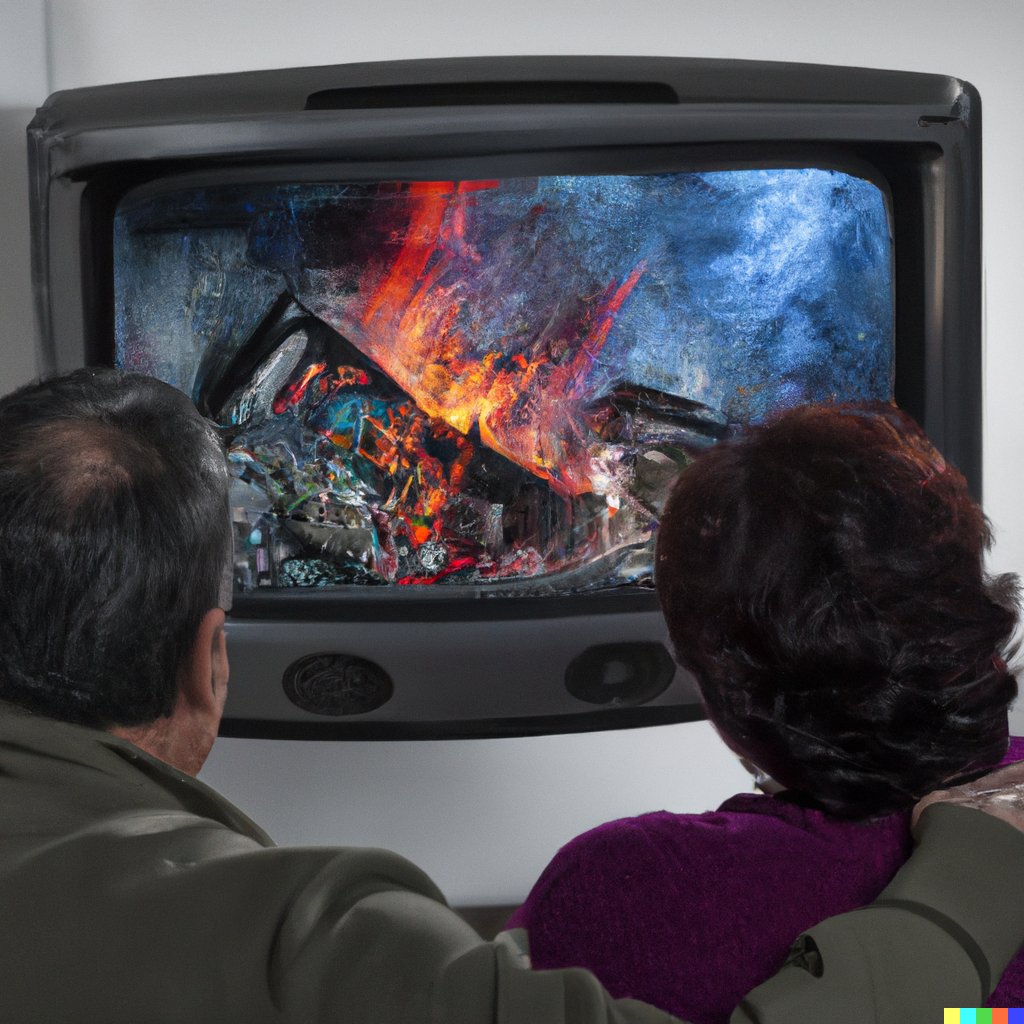Or how I learned to shut up and love the disaster.
When I was growing up, my parents didn’t let me watch a lot of TV. We didn’t have a cable subscription and the only things that were reliably on the “boob tube” were Blazers games and Bill Nye the Science Guy. Even though I was coming of age at the same time as the modern reality TV industry, I missed out on the mainstream success of juggernauts like The Real World, Survivor, Big Brother, and Laguna Beach. As a younger adult who was “above the trash” (if only I’d had the courage to embrace my authentic self…) of this television, I missed out on the emergence of the Kardashian empire, the Real Housewives, and the wide variety of the “niche lifestyle” subgenre, e.g. My Strange Addiction, True Life. In college and as a young adult, I wasn’t watching too much TV besides Game of Thrones and other HBO-style “classics”. I was actively missing out on the prime of the MTV and Bravo trash behemoths like Are You the One?, The Challenge, and Bad Girls’ Club. Finally, as an adult with a Netflix and Hulu subscription as well as a work-from-home career, I was able to partake in the endless binging of this American dumpster fire and let me tell you: I missed out.

The Appeal of the Home Box Office
Even though the official “Golden Age of Television” in America is oft cited as the late 1940s through the late 1950s, the current “Peak TV” era is without comparison. Starting with HBO’s The Sopranos, television has replaced the movies in most American’s “artistic” media consumption. With so much quality content and so many cheap instantaneous avenues to watch it, there’s never been a better time to watch TV. After all, who could argue that films and traditional movies can produce the sheer volume of great content that modern television has. If we take the top ten television shows from IMDB.com’s Top 250 TV shows, all ten of them come from after the turn of the millenium. Of the top 25, only four are from before 2000, and one of those is The Sopranos, which first aired in 1999. Here’s the top ten, the year they came out, and the total amount of hours of content each series produced.
| IMDB Rank | Series | Year | Total Runtime (rounded to nearest hour) |
| 1 | Planet Earth II | 2016 | 5 hours |
| 2 | Planet Earth | 2006 | 9 hours |
| 3 | Breaking Bad | 2008 | 62 hours |
| 4 | Band of Brothers | 2001 | 10 hours |
| 5 | Chernobyl | 2019 | 5 hours |
| 6 | The Wire | 2002 | 50 hours |
| 7 | Blue Planet II | 2017 | 7 hours |
| 8 | Our Planet | 2019 | 6 hours |
| 9 | Cosmos: A Spacetime Odyssey | 2014 | 10 hours |
| 10 | Avatar: The Last Airbender | 2005 | 24 hours |
If we assume that only half of the episodes of these shows are worth watching (which is categorically untrue), that’s still a staggering 94.5 hours of quality viewing, which is four straight days of binging. Not bad! By contrast, of the top 10 IMDB movies, only The Dark Knight (2008), Lord of the Rings: Return of the King (2003), and Spider-Man: No Way Home (2021) are from after 2000. If you’re looking for pure entertaining content and lots of it, it stands to reason that a television show of high quality will keep your interest for longer than a film will.
I am a big fan of these types of shows that are often considered the best of TV. I have watched both The Sopranos and The Wire several times through and loved every second of them. But they aren’t all that I want to see! They’re long, heady, well-crafted, and demand constant attention to detail in order to fully appreciate the artistry that the creators have crafted. If your job, livelihood, and passion is critiquing and analyzing media, I can see the appeal. Thankfully, that isn’t me.
The Appeal of the Home Dumpster
For the vast majority of the population, media consumption is not a self-indulgent critical analysis of theme and cinematography. It’s escapism. We don’t watch TV to appreciate the honed artistry of the creative team behind the content, we watch it because larger-than-life entertainers do things that we find entertaining. We distract ourselves from our existential dread, deteriorating material conditions, and looming mortality. Why would we work at entertainment? The notion that every second of our lives should be spent in a perpetual state of cognitive overload like we idealize Bradley Cooper from Limitless seems like the dream of the insufferable “rise and grind” online subculture that society collectively rolls their eyes at.
Enter the appeal of Reality TV. The essential promise of reality TV fulfills the exact opposite niche that the intellectual TV denizens are headed for. Reality TV appeals to our lizard brain and inherent appreciator in the absurdity of the superficialities of human existence. We look, we admire the beautiful bodies on television, we laugh at the level of petty intellectual conflict, and above all, we feel good about ourselves. Reality TV holds a mirror to ourselves that is as distorted as the advertisements in the commercial breaks. It strips away the artistic levels of irony, subtlety, nuance, metaphor, and replaces them with a half inch thick sheen of makeup, alcohol, tricky editing, and bad intentions. If there’s anything that can make us forget about how we’re slouched halfway over in our couch, hand halfway through a bag of chips, and about to crack open the fourth beer, its viewing the beautiful people on TV act despicable. Nothing brings us away from our bills, our deteriorating health, and the overall disconnection and apathy we feel as a society better.

My favorite part of Reality TV is the name. It is so blatant in its inaccuracy that it perfectly gives away the entire game right at the beginning. Just as the country’s chief warmaking bureau is named the Department of Defense, “news” has become subservient to attention, and mental health struggles amongst youth are skyrocketing due to absurd aesthetic expectations driven by Instagram filters, “Reality TV” begins the entire premise off with a lie. There’s nothing “real” about it! Clever editing tricks as well as forced or even staged situations designed to promote entertainment do not reality make. It’s the perfect content for the American nation. In a country where we routinely listen to junk coming out of all official news sources and hell, even the unofficial ones, where disinformation could be considered a national pastime, why wouldn’t our entertainment branded as “reality” be full of shit? It’s only fitting.
However, one thing that has broken my heart is that since 2017, is that we have been without the indelible and incredible influence of Oxygen Network’s Bad Girls’ Club. BGC never made an enormous cultural impact when it was on TV, and hasn’t had a lasting effect upon the television landscape. Despite not dramatically affecting pop culture, BGC is un-ironically what I would consider pinnacle TV and, if you give it a chance, I think you might too.

While it might seem unreasonable that BGC gets put into the top tier of TV with such modern dramatic classics as the Sopranos and the Wire, I’d argue that it fulfills a different niche. The Sopranos and The Wire are masterpieces of dramatic writing, acting, and cinematography. They introduced us to the gritty anti-hero that we felt guilty for rooting for. They serve as a monument to drama of human emotion. BGC, on the other hand, is a masterpiece in the worship of hedonism. It is not dramatic because of high stakes character arcs or the craftsmanship of relationships, it is dramatic for purely artificial and baseless reasons. It is so naked and unapologetically vapid that it actually achieves a sort of honesty that you’d never think possible from a cast of characters whose sole mission is to destroy the livelihood of the other members. It does not even claim the table stakes of other reality shows: things like a “prize” or some sort of contest to “win”. Simply put, there’s no overarching message or greater purpose to the show. It’s incredible! While other shows rely on the artificially inserted competition of such gimmicks as contests and voting to remove contestants, BGC instead reverts to a Lord of the Flies-esque Hobbesian free-for-all, where the only things that determine survival are wit, fighting ability, and ability to conform to the pre-defined storyline.
Reality TV fulfills the same need that slapstick humor does. In the same way that we love “Jackass” precisely because it is moronic, Reality TV gives us the same brain-numbing soma hit that someone getting kicked in the balls does. You don’t have to be smart to laugh at it, but you’d have to be dumb not to. The barrier to entry could not be lower, but the ceiling which the cultural critique applies is out of this world.
